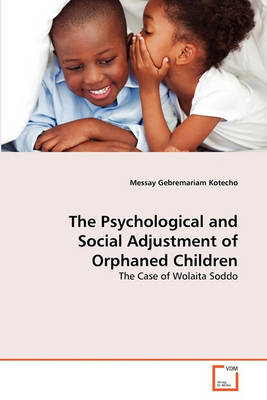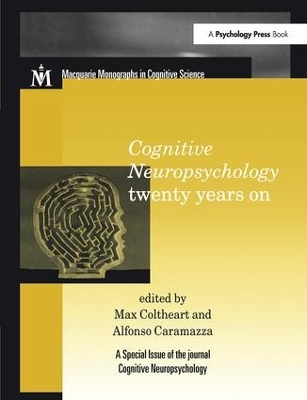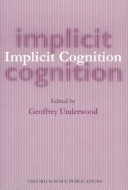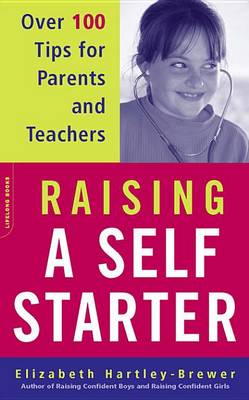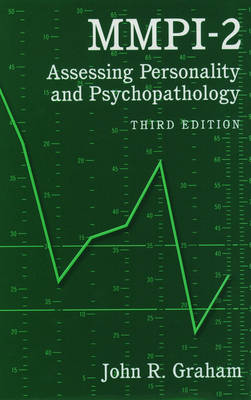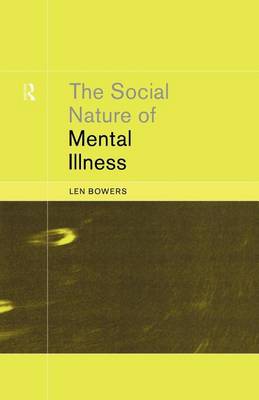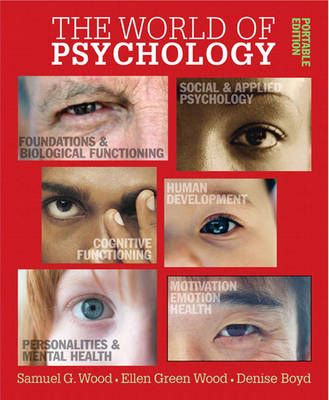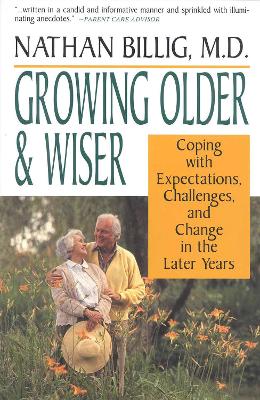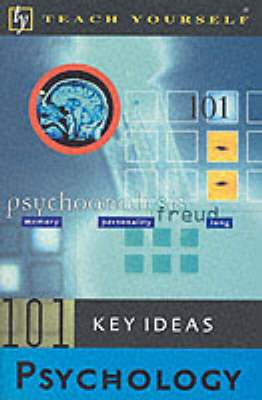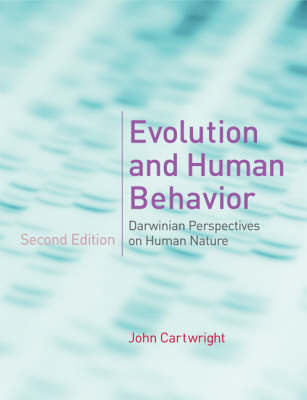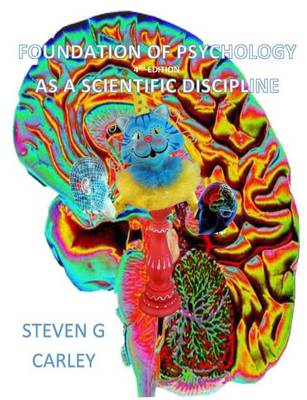His discovery only in retirement that he has high-functioning autism provided Edgar Schneider at last with an explanation for his many differences, explored in Discovering my Autism. In this book he takes up the story, telling of his marriage to a like-minded woman, and of the day-to-day realities of life with this condition. His description of autistic attitudes towards relationships, politics, theology and health are rich and original. Schneider argues that if people with high-functioning auti...
This book was first published in 1979. The authors' examinePiaget’s Theory starting by considering and commenting on the kinds of question one must ask of a scientific theory. None of the questions demands an absolute answer. Theories are judged in some respects with reference to competing theories. In other respects they are judged against our sense of scientific progress. In subsequent chapters the authors’ look at Piaget's theory in detail with such issues in mind. They also endeavour to loca...
The Psychological and Social Adjustment of Orphaned Children
by Messay Gebremariam Kotecho
America's Sexual Transformation (Sex, Love, and Psychology)
by Gary F. Kelly
This book explains how the short-lived sexual revolution 50 years ago has led to the current evolution of our sexual values and behaviors and social standards among youth culture, examining topics such as communication technologies and sex, teen pregnancy, and divorce rates in the Bible Belt. Is an increase in sexual activity during adolescence a normal part of the transition to adulthood, or evidence of a societal problem? Why would conservative religious youth become sexually active earlier t...
Cognitive Neuropsychology Twenty Years On (Macquarie Monographs in Cognitive Science)
The journal Cognitive Neuropsychology began publication in 1984. In 2004 a special symposium was held at the annual European Workshop on Cognitive Neuropsychology at Bressanone to take stock of the developments in cognitive neuropsychology represented by the first twenty volumes of the journal, and this book is the result. In the book, prominent cognitive neuropsychologists provide state-of-the-art overviews of what cognitive neuropsychology has told us about the normal mechanisms of conceptual...
Defining the nature of schizophrenia continues to be one of the central challenges left to psychiatry and medical science. The Dialectics of Schizophrenia summarizes the various approaches and points up their weaknesses and strengths.
Implicit Cognition
This study describes the fascinating learning, memory and performance processes which take place without the subject's "explicit" awareness. A well-known example is patients under anaesthetic who, without being able to verbally recall the surgeons' conversation, do show some retention of the conversation. How much of what we "know" has been learned implicitly? How much of our problem-solving abilities are founded on unconscious processes? The contributors attempt to answer these and other questi...
We all dream of having children who can, for lack of a better way to say it, get on with it and do well in life. A curiosity about life and a love of learning can be the attributes that ensure this goal. How can parents foster this kind of spirit in their children?Explaining her model for motivating children through colorful real-life examples, expert Elizabeth Hartley-Brewer shows how, from the start, we can create a climate at home that fosters self-motivation and encourages self-managed achie...
MMPI-2: Assessing Personality and Psychopathology, 3/E is an updated version of a book that has been used extensively in graduate courses in psychological assessment and by others who are interested in learning about the MMPI-2, conducting research concerning the MMPI-2, or using the MMPI-1 clinically. The development of the original MMPI is described, as is the revision of the MMPI that resulted in two instruments - the MMPI-1 for use with adults and MMPI-A for use with adolescents. Detailed in...
The New Psychology of Leadership
by S. Alexander Haslam, Stephen D. Reicher, and Michael J. Platow
This groundbreaking book provides a refreshing introduction to the field of leadership and is jam-packed with theoretical and practical insights derived from a wealth of applied scientific research conducted by the authors and their colleagues around the world over the last three decades. It starts from the premise that leadership is never just about leaders. Instead it is about leaders and followers who are joined together as members of a social group that provides them with a sense of shared...
Psychiatrists assert that mental illness is a physiological brain disorder. The anti-psychiatry movement refutes this on grounds of lack of evidence claiming that mental illness is socially defined. Len Bowers offers a rational, objective and philosophical critique of the theories of mental illness as a social construct and concludes that, though sometimes misguided, they cannot be wholly rejected. This critical scrutiny of a controversial and keenly-debated issue will be of interest to psycholo...
World of Psychology (Books a la Carte Plus!)
by Samuel E Wood, Ellen Green Wood, and Denise Boyd
The World of Psychology: Portable Edition is the first modular introductory psychology text with fully integrated study guides, practice tests, and contextually placed icons connected to interactive online MyPsychLab resources. It offers unparalleled flexibility, choice, and support to today’s students and instructors.
"Growing Older and Wiser" is about coping with the normal aging process and embracing its potentially positive aspects, while dealing with its intrinsic problems. Dr. Nathan Billig emphasizes the great value of a person's relationships, experiences, and personality characteristics as major assets in the later years. He addresses issues of loss, sexuality, sleep, and planning for the future, and deals with depression and dementia in an informative, supportive manner that focuses on treatability a...
Teach Yourself 101 Key Ideas: Psychology revisits the most compelling topics in psychology, explaining their origins and clearing up any misconceptions.
Do School or College Examaminations Measure Intelligence?
by Anyelwisye Mahenge
Evolutionary psychology occupies an important place in the drive to understand and explain human behavior. Darwinian ideas provide powerful tools to illuminate how fundamental aspects of the way humans think, feel, and interact derive from reproductive interests and an ultimate need for survival. In this updated and expanded edition of Evolution and Human Behavior, John Cartwright considers the emergence of Homo sapiens as a species and looks at contemporary issues, such as familial relationship...
Case Studies in Abnormal Psychology
by Ethan E. Gorenstein and Ronald J. Comer
Provding 16 case histories based on actual clinical experience, Case Studies in Abnormal Psychology goes beyond the diagnosis to describe the individual's history and symptoms, before presenting a theoretical discussion of treatment, a specific treatment plan, and the actual treatment conducted to help you see the full process in working with adbnormal psychology patients.
Foundation of Psychology as a Scientific Discipline
by Steven G Carley
Many informed persons may not know how and why public schools were originally established. This book describes how the origins of public schools influenced the nature of urban schooling for the next 150 years and more. It reveals the relationship between the organizational practices of urban schools and penal and military communities of the distant, pre-bureaucratic past. The focus is on the social functions schooling preformed in American society and the organizational forms that were used to...
How different are men and women's brains? Does altruism really exist? Are our minds blank slates at birth? And do dreams reveal our unconscious desires? If you have you ever grappled with these concepts, then this book is for you. Not only providing the answers to these questions and many more, a series of essays explore each of the central concepts, as well as the arguments of key thinkers. Adrian Furnham offers introductions to emotional behaviour, cognition, mental conditions - from stress to...


